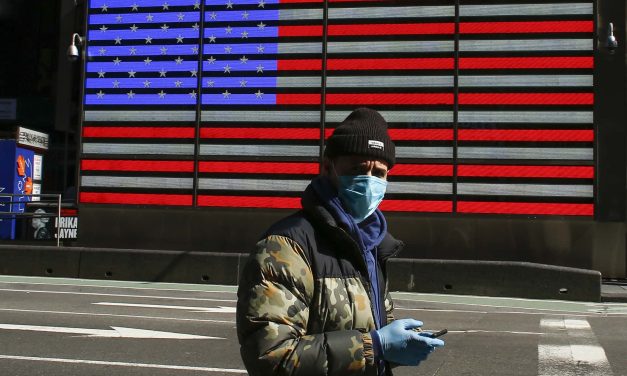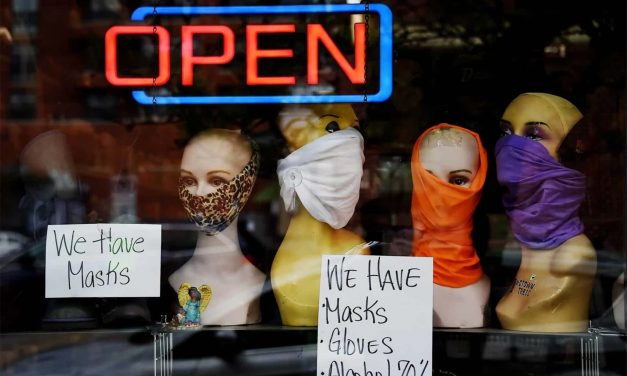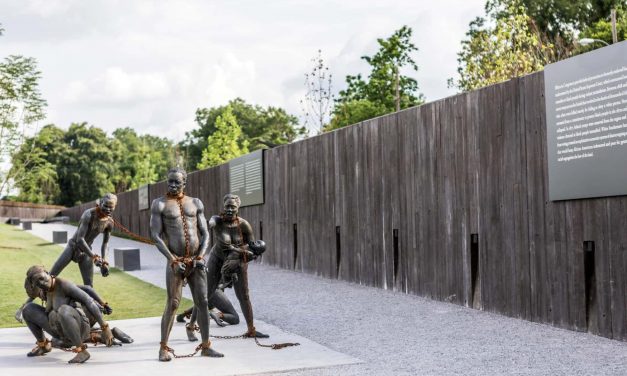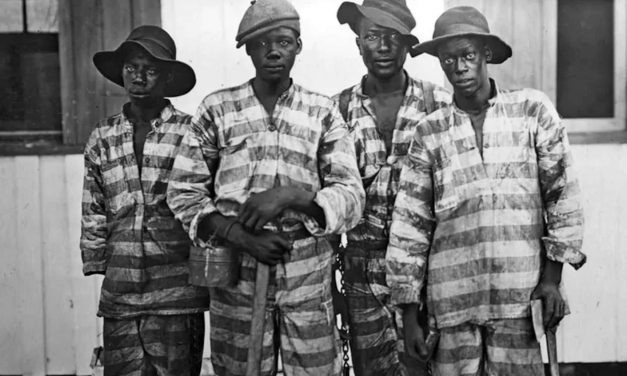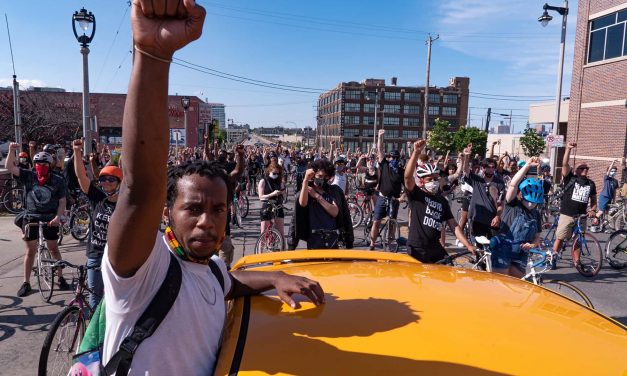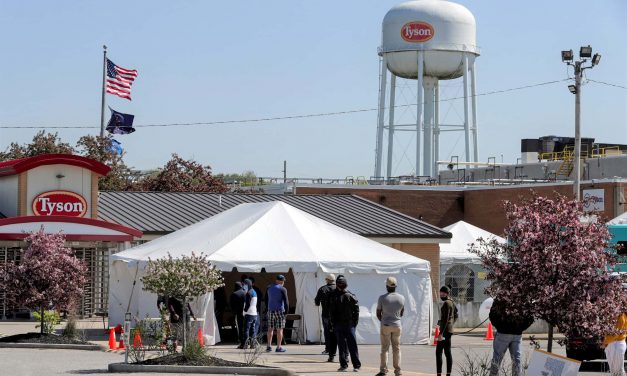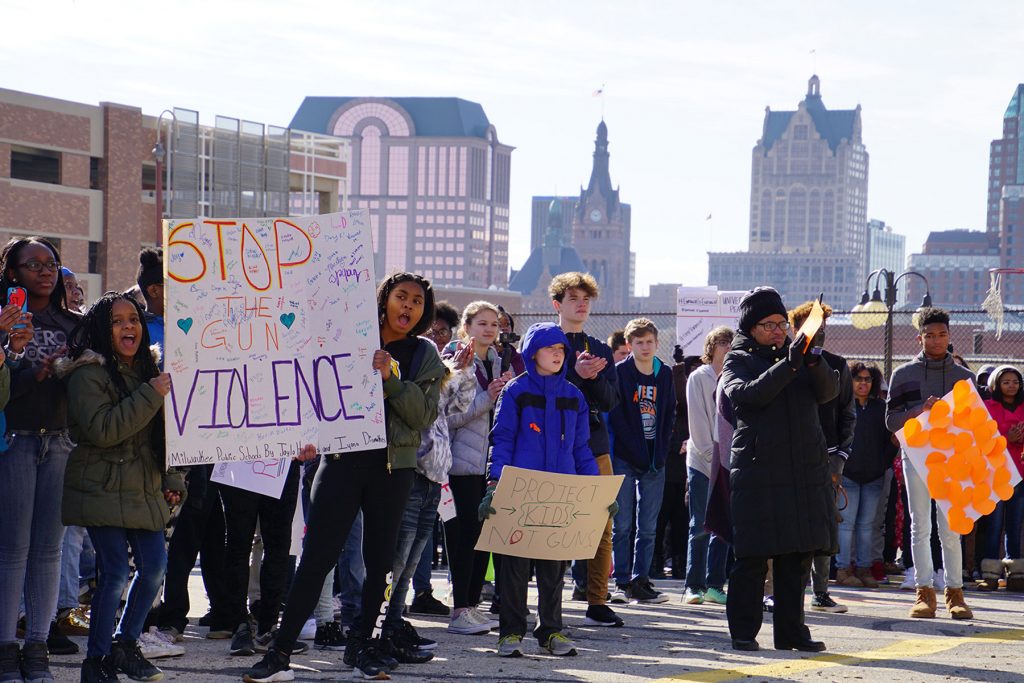America’s COVID-19 Denial: To have a second wave of coronavirus the first wave needs to end
By Melissa Hawkins, Professor of Public Health, Director of Public Health Scholars Program, American University After sustained declines in the number of COVID-19 cases over recent months, restrictions are starting to ease across the United States. Numbers of new cases are falling or stable at low numbers in some states, but they are surging in many others. Overall, the U.S. is experiencing a sharp increase in the number of new cases a day, and by late June, had surpassed the peak rate of spread in early April. When seeing these increasing case numbers, it is reasonable to wonder if...
Read More
